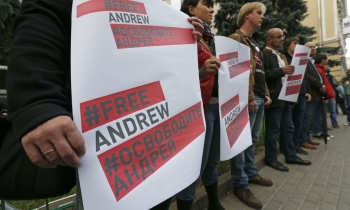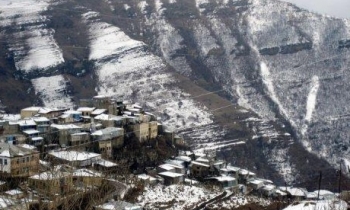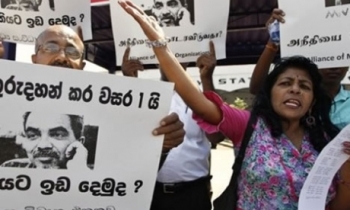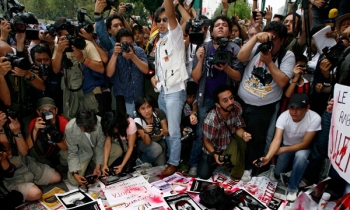The Centre for Science and Environment is inviting active journalists to address issues revolving around rivers in India through the Seventh CSE Media Fellowships. Selected Fellows will be expected to devote time to travel, research and report on the subject.
Background: India has 12 major river basins that account for 85 per cent of its river waters. Entire civilisations have grown and thrived in these basins. About 932 million people or 80 per cent of the population depends on these rivers for drinking water, agriculture, fisheries and livelihood. At the same time, more than 29,000 million litres per day (mld) of domestic wastewater and 15,000 mld of industrial waste is discharged into these very lifelines.
In 1985, the government started the Ganga Action Plan to clean up the Ganga; later, various plans for other rivers came into being. The result – after spending more than Rs 2,000 crore on cleaning our rivers, they run dirtier than ever.
What is the reason behind this monumental failure? How unclean, really, are our rivers, and what is their present state doing to us? What are the alternatives and options for cleaning them?
To address these and many other issues revolving around rivers in India, Centre for Science and Environment announces the Seventh CSE Media Fellowships on 'Rivers: Used and Abused', and invites active journalists to apply.
Duration: Two months. One month of travel time and another month for research, writing, publication of stories and submission of the fellowship reports/profiles.
CSE strongly recommends that applicants should take at least a month's leave to work on the fellowships.
Compensation and funding: Selected fellows will each receive a total stipend of Rs 40,000 to support research, travel and writing between October and November 2007. Out of this total stipend, a preliminary travel allowance of Rs 15,000 will be released at the start of the fellowship; the remaining amount will be awarded upon completion of the fellowship (Note: TDS will be deducted from the grant as per rules).
Suggested areas of research: Applicants can send focussed proposals to study and report on one or a few issues related to a river, a river stretch or a river basin. Issues that might merit investigation could include river pollution, the sewage- river connection, waste management and rivers, conflicts, river cleaning programmes, dams, legal battles over rivers, ownership issues, technologies and alternatives, community initiatives, etc.
Please note, these are only a few broad suggested areas of study; the scope of the subject is much larger, and applicants are welcome to submit proposals that look beyond these areas.
Who can apply:
Working journalists
Freelance journalists
Photojournalists
Applications must be accompanied by the following documents:
Curriculum vitae
Three samples of published work on development issues
Those writing in regional languages must have at least one of their articles translated into English
A letter of support from the editor that the output under the fellowship will be published (mandatory for all candidates, including freelancers)
A two-page fellowship proposal outlining (a) the subject/s and story ideas that the applicant proposes to focus on, (b) travel plans and (c) a list of people to be interviewed.
Last date for submission of applications: September 15, 2007
Fellowships output: Selected applicants will be expected to attend a short briefing workshop at the Centre's offices in Delhi before commencing work on their fellowships. The workshop will be organised and conducted by CSE.
Selected applicants will be expected to generate the following:
(a) feature and news article/s totalling 5,000 words, based on the research carried out under the fellowship
(b) river profile studies based on a format provided by CSE
For more details contact:
Souparno Banerjee / Shachi Chaturvedi
Media Resource Centre
Centre for Science and Environment
41, Tughlakabad Institutional Area
New Delhi 110 062Ph: 011-29955124, 29955125, 99108 64339
Fax: 011-29955879
Emails: souparno@... / shachi@...: www.cseindia.org









